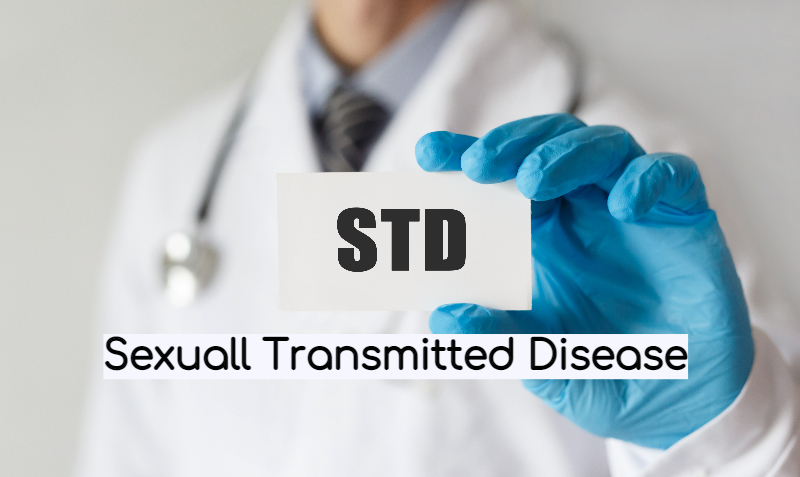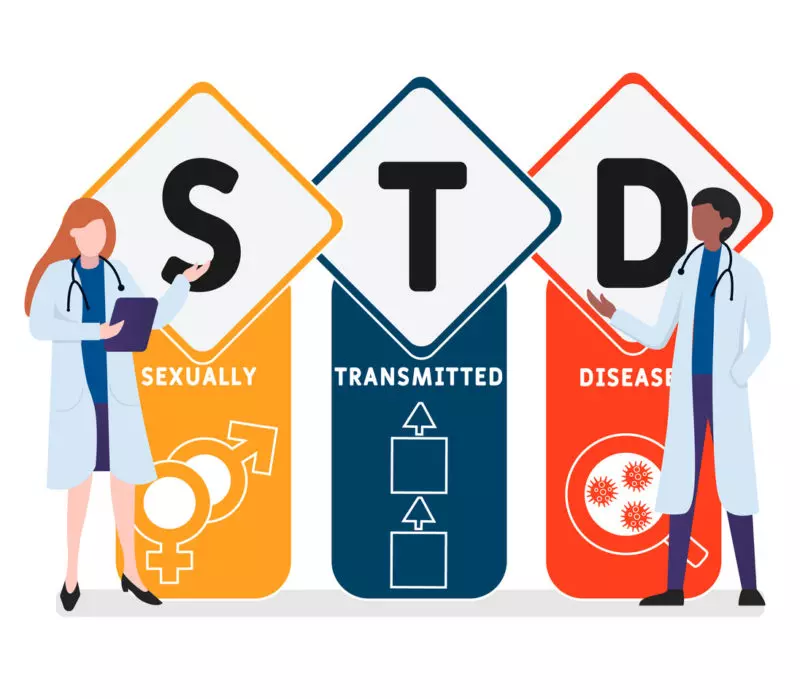Menu
TALK TO AN EXPERT
+91 9236407378
+91 9236407378
Sexually Transmitted Diseases (STDs), also known as Sexually Transmitted Infections (STIs), are infections that are passed from one person to another through sexual contact. These infections can affect anyone who is sexually active, regardless of age, gender, or sexual orientation. STDs can be caused by bacteria, viruses, or parasites, and they can lead to serious health complications if left untreated.



STDs are primarily spread through sexual contact, including vaginal, anal, and oral sex. Some STDs, such as HIV, syphilis, and hepatitis B, can also be transmitted through blood, from mother to child during childbirth, or through shared needles.
The symptoms of STDs can vary depending on the type of infection and the individual. Common symptoms include:
However, many STDs can be asymptomatic, meaning they do not produce noticeable symptoms, which can lead to undiagnosed and untreated infections.
Use Condoms:
Regular Screening:
Limit Sexual Partners:
Vaccination:
Open Communication:
Avoid Sharing Needles:
If you suspect you have an STD or if you experience any unusual symptoms, it’s important to seek medical attention promptly. Early diagnosis and treatment can prevent complications and reduce the risk of transmitting the infection to others.